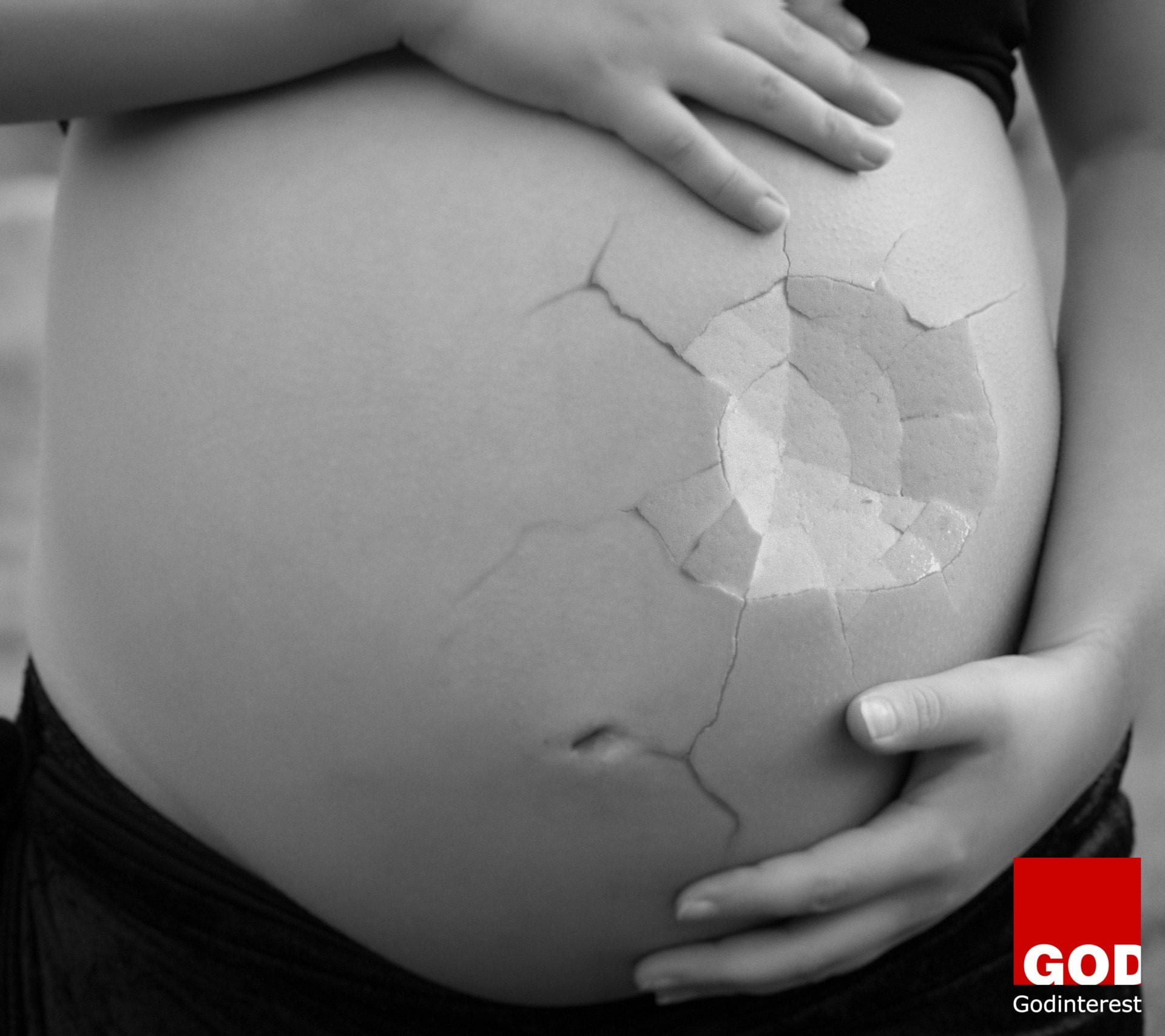- The traumatic aftermath of a miscarriage, even an early one, is an empirically proven, statistically significant trend.
- Miscarriage and grief are both an event and subsequent process of grieving that develops in response to a miscarriage.
- This event is often considered to be identical to the loss of a child and has been described as traumatic.[
- Losing a pregnancy can affect a woman – and her family – for years, research finds.
- Emotional responses may be bitterness, anxiety, anger, surprise, fear, and disgust and blaming others; these responses may persist for months.
- By far the most common PTSD symptoms that result from miscarriage are depression and anxiety.
- Mental Illness after miscarriage is common, but women aren’t getting the support they need.
- A study from the Irish Journal of Psychology found that 44 percent of women who had miscarried during their first trimester showed “clinical levels of psychological distress,” even months later. That includes depression, panic attacks, flashbacks, nightmares, and anxiety.
So your friend decides to forget the “12 week rule” and tells her family and social networks she is pregnant. She knows the stats — one in four pregnancies ends in miscarriage — but she wants to have the support of family and friends around her in case she needs it.
Then the worst happens: she miscarries. And she discovers many people around her, including health professionals, lack sensitivity when talking about the miscarriage. Some don’t even acknowledge her loss.
So how can we support women better? What do women need from family, friends and health professionals at the time of a miscarriage?

Dos
- Acknowledge their loss.
- Listen and let them grieve.
- Encourage them to talk to other women who’ve had a miscarriage.
Don’ts
- Avoid clichéd comments.
- Avoid blaming and offering unsolicited advice.
- Recognise grief doesn’t have a time limit.
Mental illness can be a consequence of miscarriage or early pregnancy loss and even though women can develop long-term psychiatric symptoms after a miscarriage, acknowledging the potential of mental illness is not usually considered. A mental illness can therefore develop in women who have experienced one or more miscarriages after the event or even after many years later.
“There is the initial shock of finding out your child has passed, alone in an ultrasound room because partners are not allowed in with you, then there is the trauma of the abortion pill which is essentially going into labour at home without any medical professional present, and then you are expected to live your life normally for weeks, going to work, smiling, all the while knowing your dead pregnancy is inside you and could come out at any moment. I don’t think any woman finds herself on the other side of that mentally intact.”
In collaboration with the Sunnybrook Health Sciences Centre’s Pregnancy and Infant Loss Network (PAIL), they’ve developed a compassionate miscarriage education session for nurses and are currently piloting it in an emergency department (they can’t say where until their study is completed in the fall).
“The study will explore the barriers and benefits of using a screening tool. Some hospitals now have early pregnancy loss clinics to which they can refer women experiencing miscarriages. This is a very new development and we hope that use of these clinics will result in better screening and follow-up for women who may have mental health issues following their miscarriage.”
There may be a link between PTSD and miscarriage

“Why isn’t this being taken seriously?”
Engel says that the consideration of post-traumatic stress disorder has been brought up incidentally in some studies, with a few studies suggesting that a small number of women who experience miscarriage show evidence of PTSD.
Engel says there are very limited long-term studies related to mental health and miscarriage and that most studies tend to have been conducted in the first year post miscarriage or even within the first six weeks.
Engel also says findings of the studies are contradictory, with some suggesting that life circumstances or social support have no bearing on the experience of either depression or anxiety. Others suggest that women who have limited social support, prior losses, longer gestation, and/or existing mental health concerns are more likely to experience greater severity in depression and/or anxiety and to experience symptoms of either up to a year.




